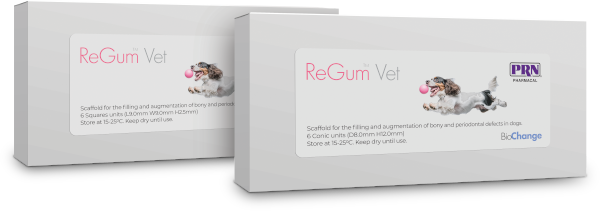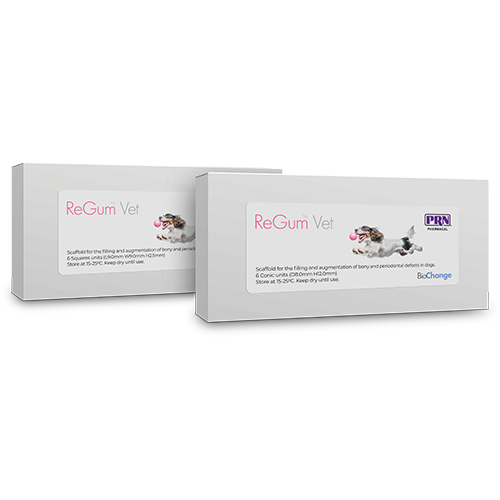New dental device provides veterinarians with an advanced, yet simple, option for the filling and augmentation of bony and periodontal defects in dogs

PENSACOLA, Fla., June 23, 2025 — PRN Pharmacal, a leader in specialized therapeutics, announces the U.S. launch of ReGum™ Vet, a scaffold for placement into the dog’s periodontal defect to fill and support the defect and provide a framework for tissue repair. Composed of enzymatically cross-linked gelatin based on BioChange’s CellFoam™ technology, the patented biodegradable 3D dry foam provides veterinarians with an improved, easy-to-use alternative for periodontal tissue repair.
“For the first time, practitioners have a targeted product for dogs with naturally occurring periodontitis that is easy to apply and actively supports the body’s own tissue-repair process,” says Amanda Crouthamel, DVM, technical services veterinarian for PRN. “We’re excited to partner with veterinary teams nationwide to raise the standard of care for advanced periodontal disease in dogs.”
Designed to be placed into the periodontal defect, ReGum Vet is a prescription medical device that promotes natural tissue repair by allowing space for the growth of healthy tissue. It is safe and non-toxic and comes in both a conic shape for furcations or deep holes, and a flat square shape to treat side pockets. The product biodegrades, leaving behind recovered, healthy gum tissue.
ReGum Vet easily integrates into canine periodontitis procedures, requiring just a few simple steps (please refer to manufacturer’s instructions for use):
- Dip the 3D dry foam in sterile saline or sterile Lactated Ringer’s Solution to reconstitute elasticity or use dry.
- Trim ReGum Vet to fit the surgical site.
- Insert the product into the surgical site and position as needed.
- Close the surgical site with sutures.
“Veterinarians implementing dental radiography often find they are extracting more teeth than before the utilization of intraoral radiography,” says Jennifer Mathis, DVM, CVPP, DAVDC. “ReGum Vet can be used to change the outcome. We can stabilize and reverse specific sites of hidden bone loss when there is still gum tissue present, enabling us to preserve more teeth.”
By 2 years of age, 80% of dogs have some form of periodontal disease,1 ranging from reversible gingivitis to progressive stages that require more aggressive treatment. If left untreated, periodontal disease can lead to serious health complications, not only in the mouth but throughout the dog’s body. Clinical research indicates a connection between untreated periodontitis and an increased risk of cardiovascular, kidney and liver diseases.2
ReGum Vet is now available through major U.S. veterinary distributors. For more information, visit ReGumVetPRN.com.
About PRN Pharmacal
PRN Pharmacal, an employee-owned company, has been dedicated to developing specialized therapeutics that address the unmet, underserved, and overlooked needs of the veterinary medicine community since 1978. Our commitment: quality solutions – as needed, when needed. PRN Pharmacal is the go-to-market brand for Pegasus Laboratories, Inc., a subsidiary of PBI-Gordon Companies, Inc. To learn more about PRN Pharmacal products, visit PRNPharmacal.com or call 1-800-874-9764.
About BioChange
BioChange has developed a unique scaffold that acts as a framework for tissue repair and remodeling at the applied site. The scaffold is based on natural biomaterials designed for implantation, using a minimally invasive procedure. The company is now selling products in the veterinary and research markets and is committed to beginning its first clinical study in aesthetic dermatology in 2023. Several other products based on the CellFoam™ platform technology are in development to enrich BioChange’s pipeline. To learn more, please visit https://biochange.life/.
1 Wiggs RB and Lobprise HB (1997) Periodontology. In: Veterinary Dentistry, Principles and Practice, Lippincott Raven Publishers, Philadelphia, PA, 186-231.
2 Cunha E, Tavares L, and Oliveira M. Revisiting Periodontal Disease in Dogs: How to Manage This New Old Problem? Antibiotics (Basel). 2022 Dec 1;11(12):1729. doi: 10.3390/antibiotics11121729. PMID: 36551385; PMCID: PMC9774197.

